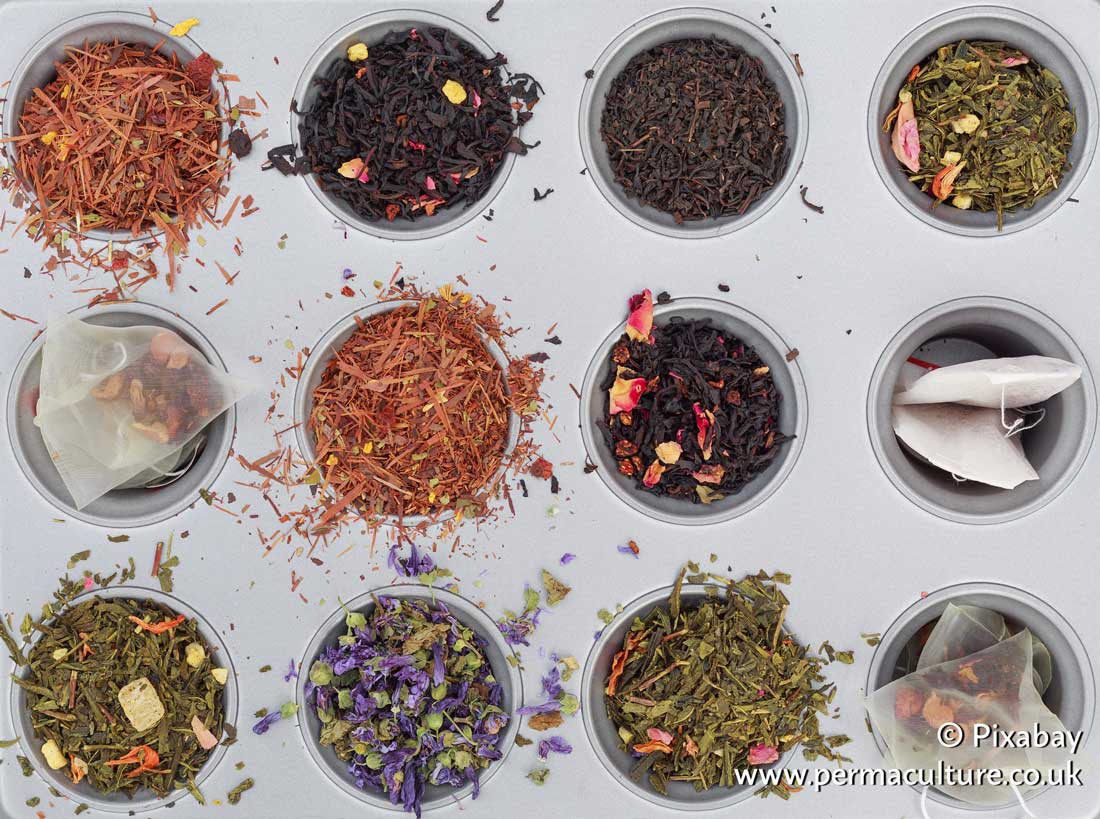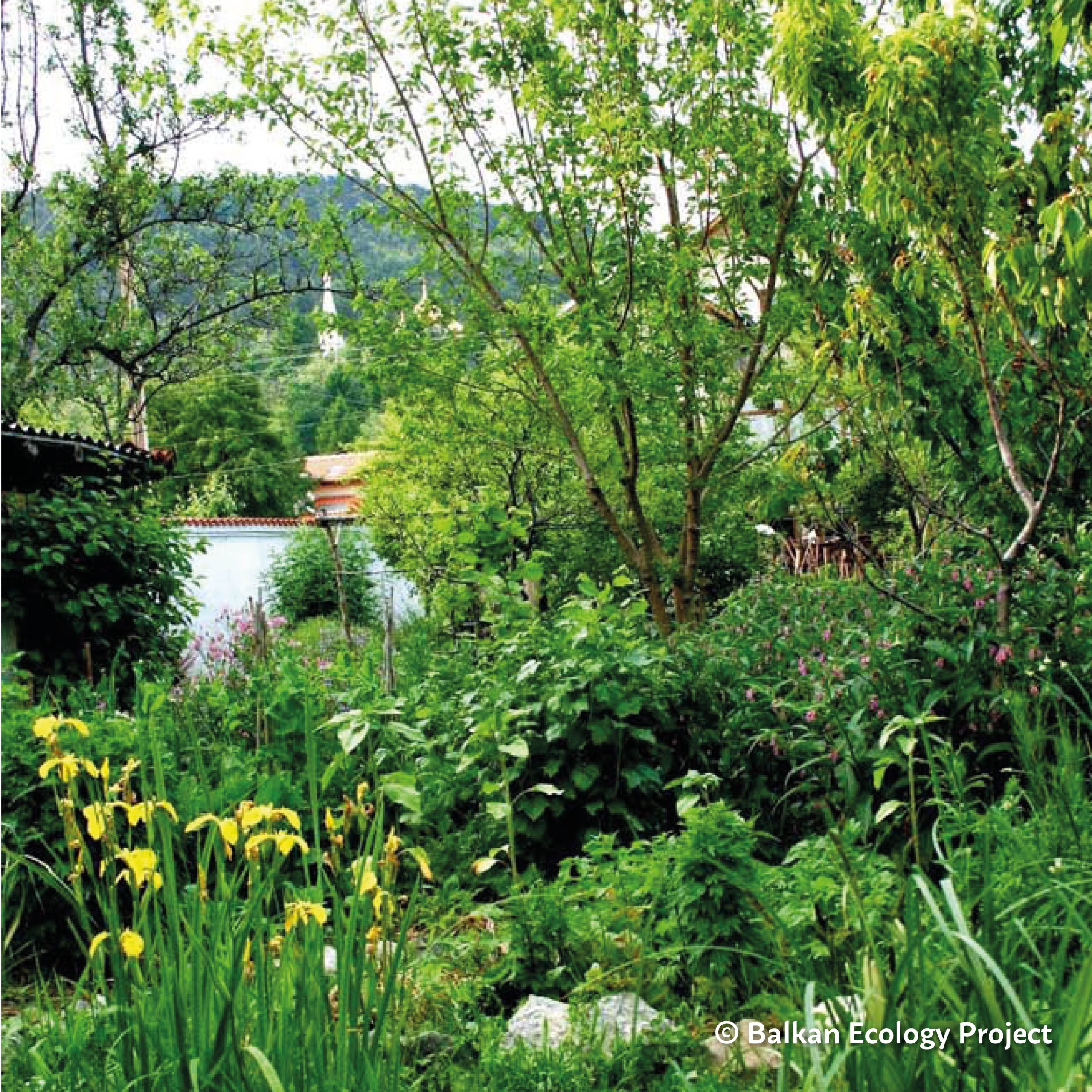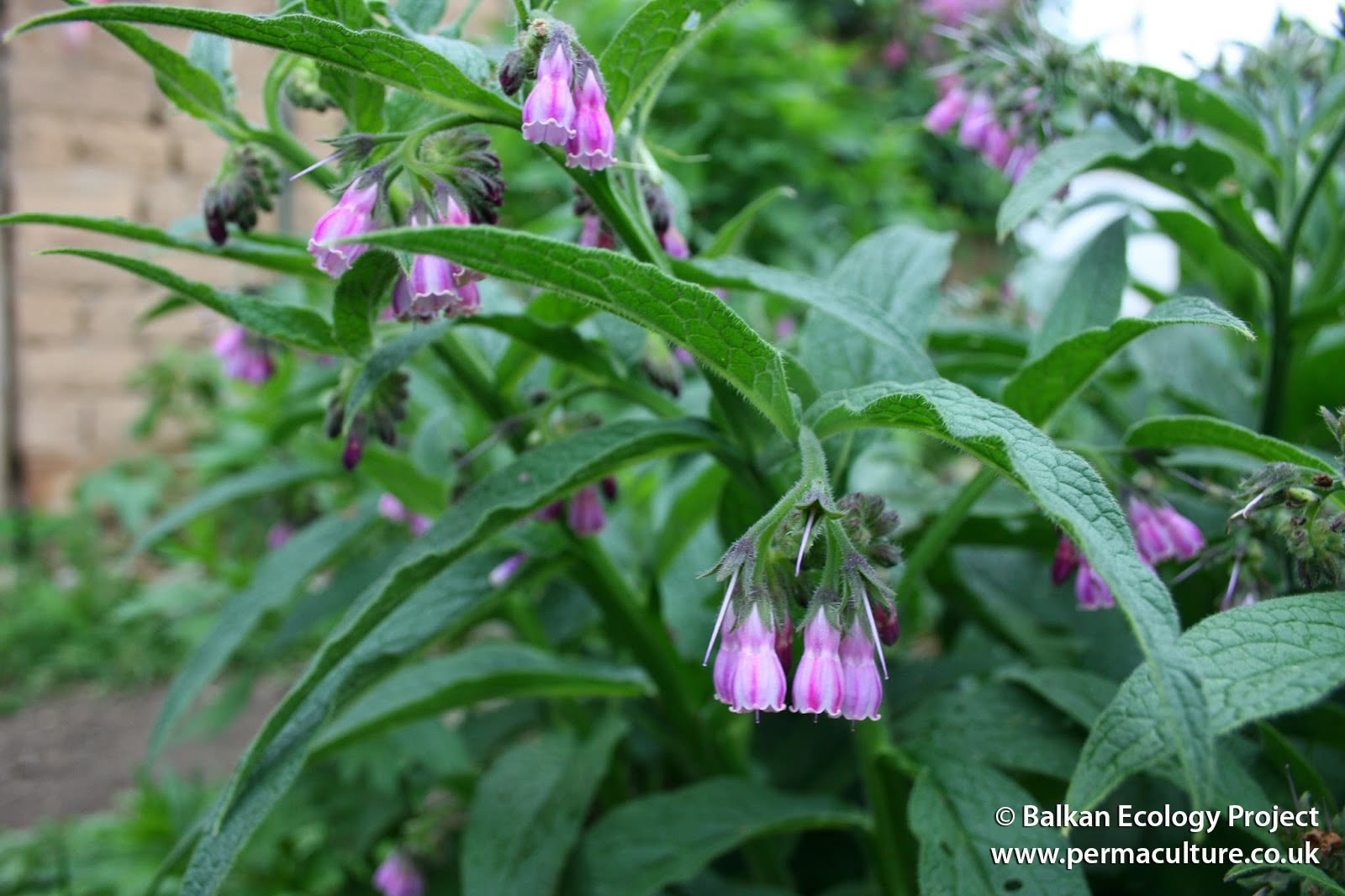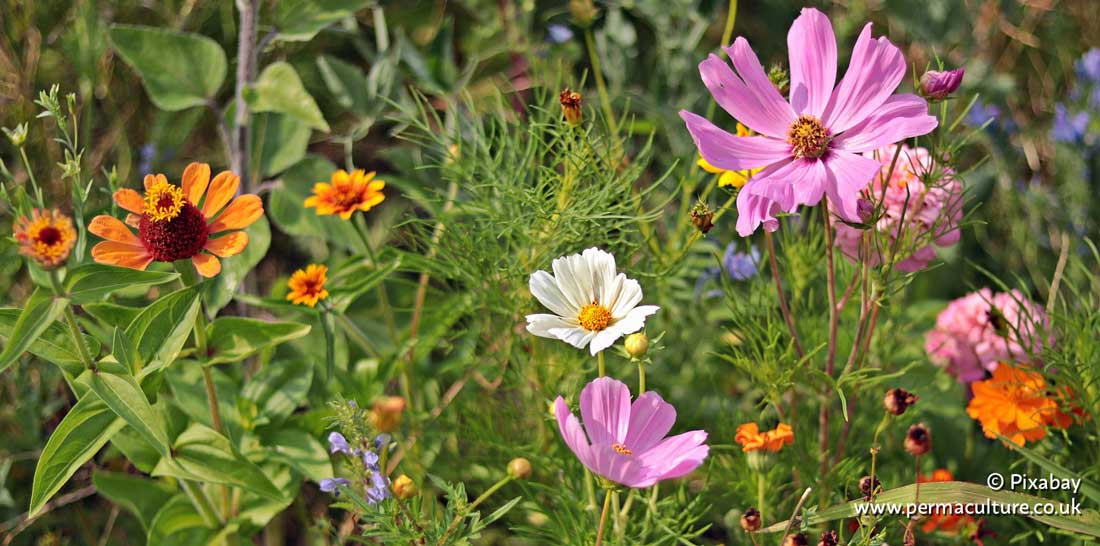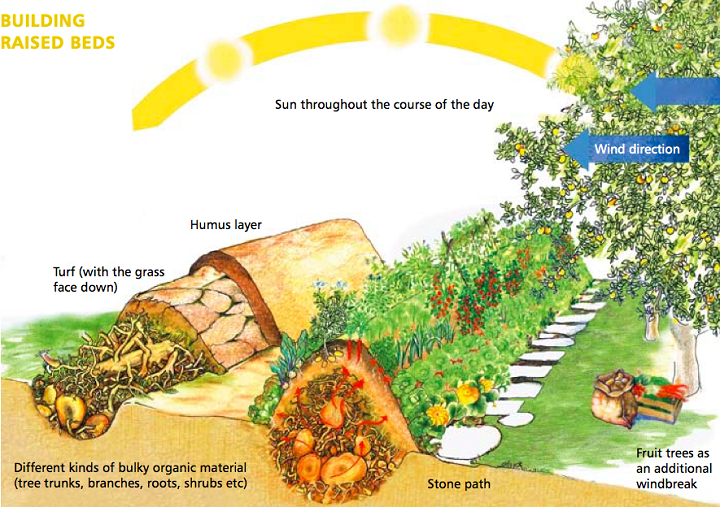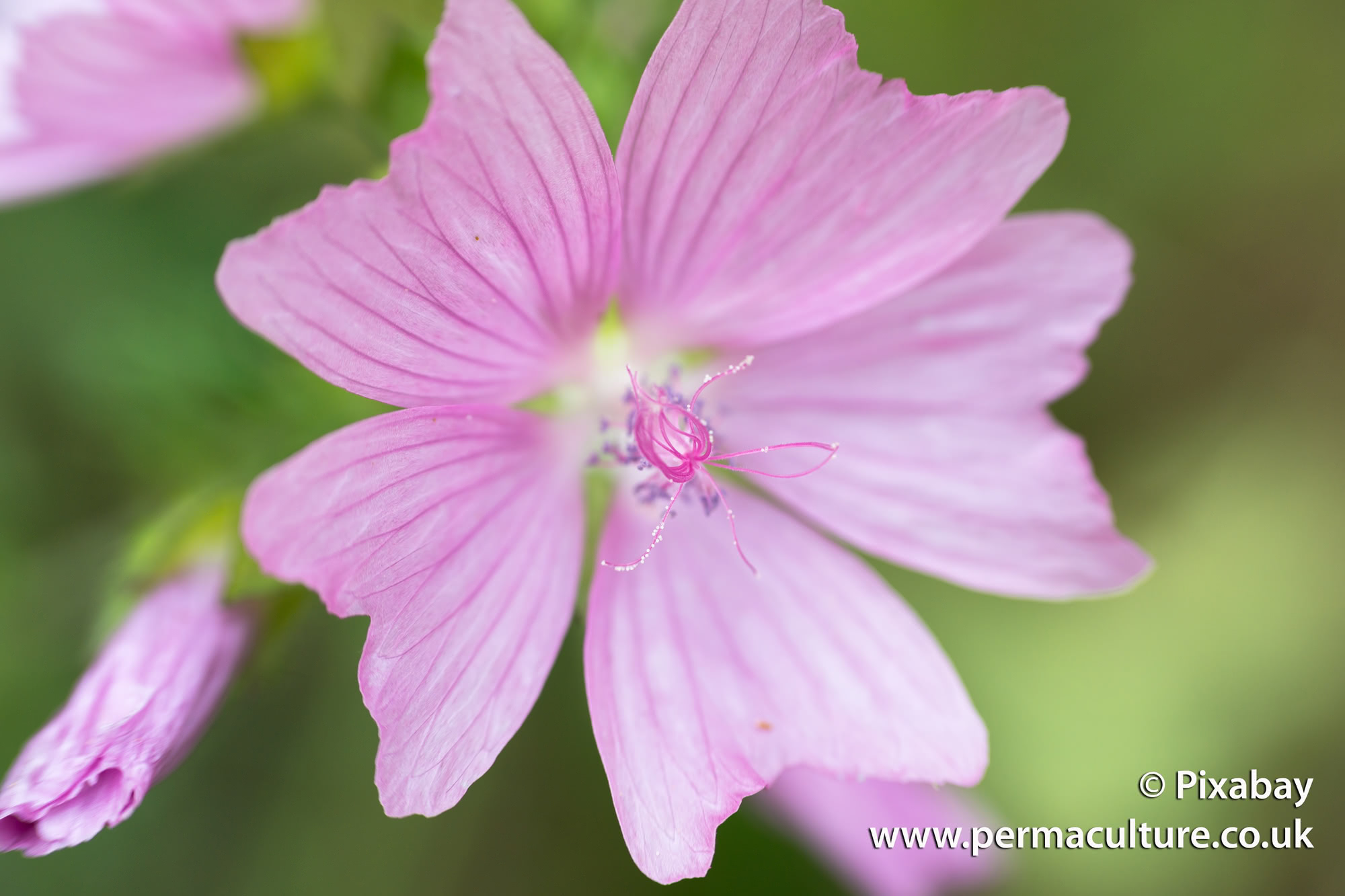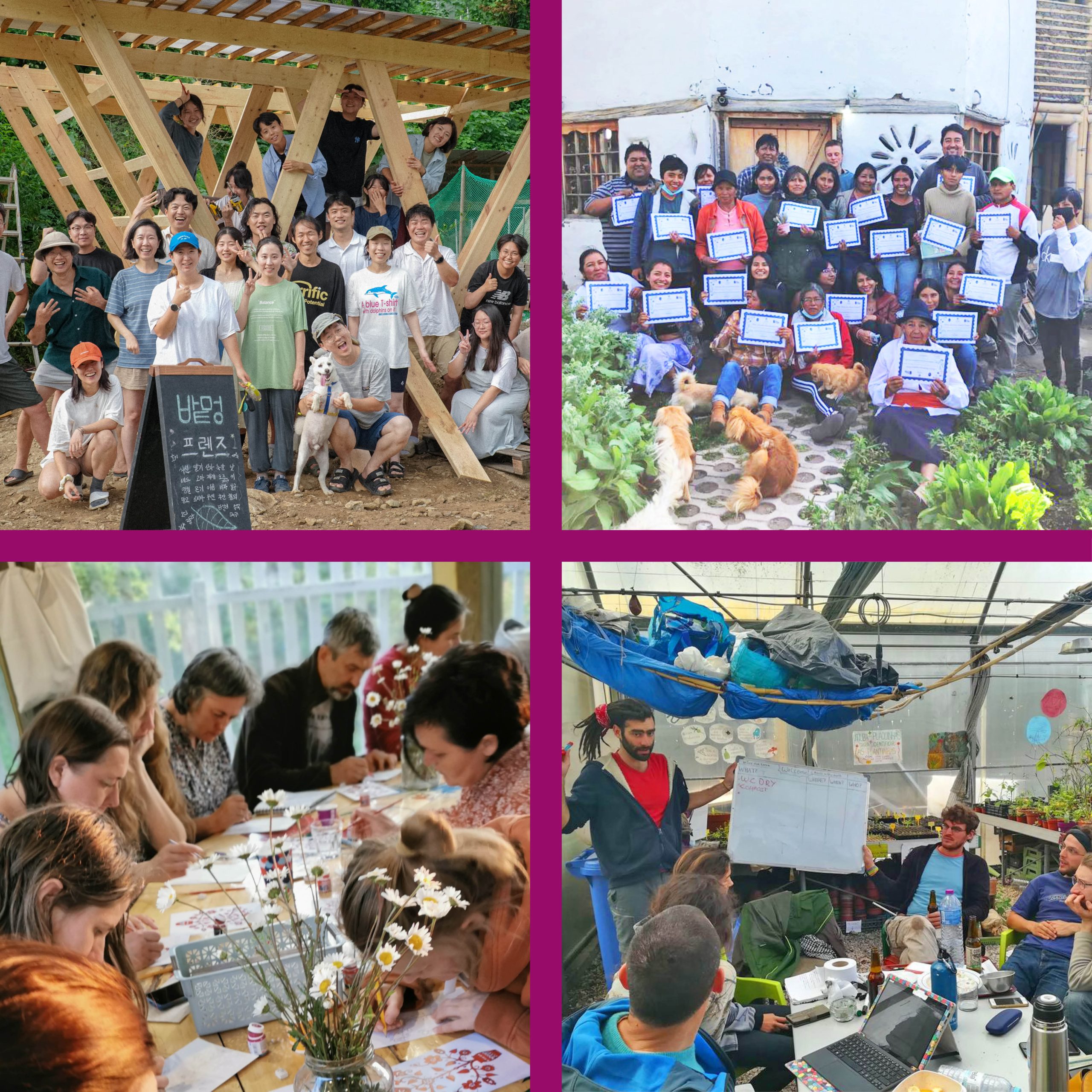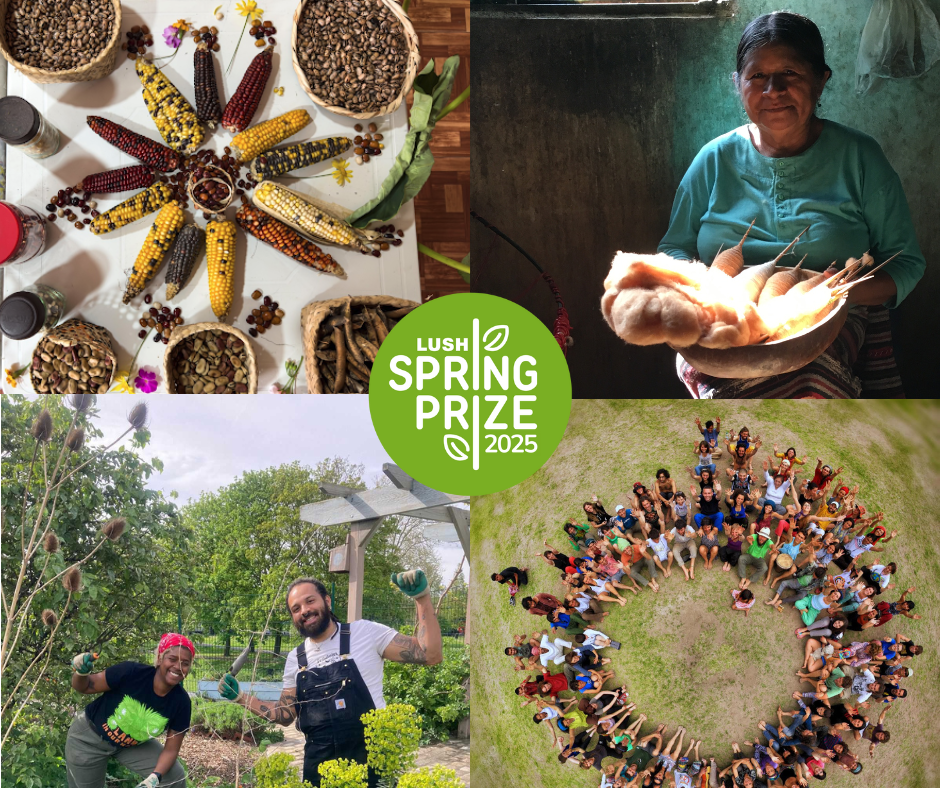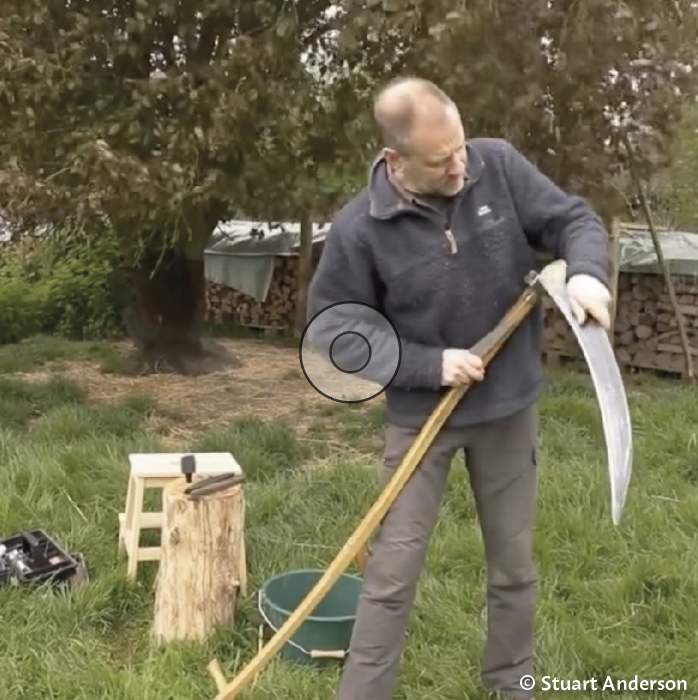Pippa Chapman is an experienced permaculture practitioner as well as a trained horticulturist and nurserywoman. She worked for several years as a head gardener before apprenticing at RHS Harlow Carr in North Yorkshire, and has designed and created productive gardens for the Ecology Building Society Headquarters amongst others. This delightful book distils her years of accumulated expertise and wisdom, written in a way that is at once informative and accessible, bound to empower and inspire both the novice and seasoned gardener.
Forest gardening is a way of growing edible and useful crops modelled on the ecology of the woodland, allowing us to combine fruit and nut trees, bushes and perennial vegetables to create a healthy low maintenance system that creates its own fertility. As the title of this book suggests, the methods are very suitable for use in small urban gardens, where both time and money are in limited supply. Not many of us town and city dwellers have the space for lots of large fruit trees, but by looking at how a forest grows we can learn a lot about these multi-layered systems where plants successfully coexist and thrive. We can then mimic those natural patterns in our own polycultural gardens, a very different mindset to so many traditional vegetable plots, which grow individual crops as separate monocultures and work against Nature to keep bare soil weed-free between plants. The forest garden is also about generating multiple yields, including what Pippa calls ‘The Seven Fs’; Food (obviously!), Fuel (for example larger prunings of twigs and branches), Fibre (twine and textile plants), Fodder (e.g. for wildlife or flowering plants pollinating insects), Fertility building (and carbon capture through the cycles of decay and soil building), Pharmaceuticals (medicinal plants suitable for making herbal tea blends – not really an ‘F’ but hey…) and, last but not least, Fun!
At the core of this book are the permaculture ethics and principles, interwoven around a design process summarised as ‘Survey’ (observe and record what is there), ‘Analysis’ (make sense of that information to help make your decisions), ‘Design’ (put it all together and make your plan), ‘Implementation’ (actually doing the work of getting the plants and structures in), and ongoing observation and maintenance. In addition there are chapters on designing guilds and polycultures, edible and other useful flowers, the soil food web, natural fertilisers, propagation techniques and a comprehensive section of plant profiles suitable for a small-scale forest garden project.
This beautifully illustrated book is full of practical wisdom, but is never prescriptive, and there is plenty of emphasis on how the principles of forest garden design can be tweaked and adapted to suit your own needs and circumstances.
Graham is an author and permaculture teacher and runs permaculture courses in North London through Naturewise and in West Essex at Dial House and is the founder of Spiralseed, an ethical organisation based around the three principles of permaculture, Earthcare, Peoplecare and Fair Shares.
